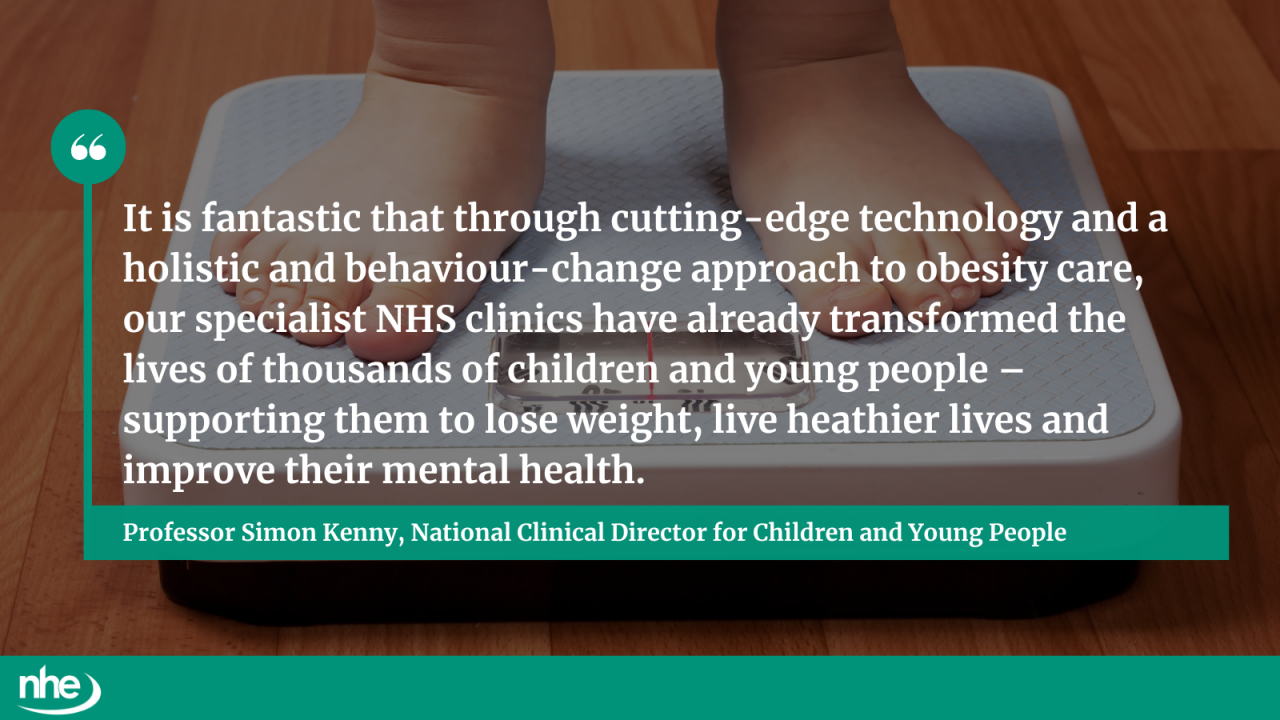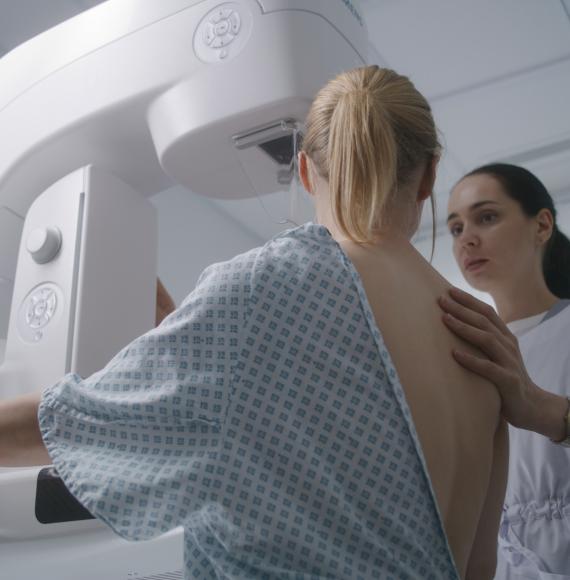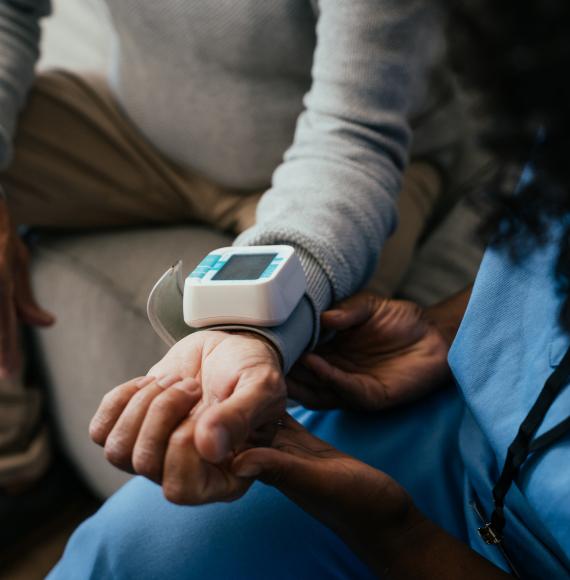Thousands of severely obese children across England are receiving life-changing support through a pioneering NHS initiative combining specialist clinics with innovative digital technology.
The rollout of smart scales and mobile app support is transforming how care is delivered, helping young patients and their families manage weight and improve long-term health outcomes.
In a UK-first, 15 NHS Complications from Excess Weight (CEW) clinics are now piloting smart scales with ‘hidden digits’ that connect to a mobile app. These scales allow children to track progress without focusing on specific numbers, instead showing visual trends. The data is shared directly with clinical teams, who provide personalised feedback and behavioural support remotely—reducing the need for frequent hospital visits.
So far, around 350 children and their families are using the technology, with plans to expand to four more clinics this summer, supporting an additional 150 patients.
Since 2021, over 4,700 children aged 2 to 18 have received care through the CEW network. New research presented at the European Congress on Obesity reveals that:
- 24% of patients have a neurodevelopmental disorder such as autism
- 30% suffer from metabolic liver disease
- 21% have obstructive sleep apnoea or hypertension
- Over 40% live in the most deprived areas of England
These findings highlight the urgent need for early, tailored interventions and confirm that CEW clinics are reaching underserved communities.
National Clinical Director for Children and Young People, Professor Simon Kenny, said:
“It is fantastic that through cutting-edge technology and a holistic and behaviour-change approach to obesity care, our specialist NHS clinics have already transformed the lives of thousands of children and young people – supporting them to lose weight, live heathier lives and improve their mental health.
“This game-changing tool is helping our specialists support and keep track of children’s weight loss progress without them needing to leave home, while offering regular advice to them and their parents to help build healthy habits.
“Living with excess weight can cause problems affecting every organ system and long-term complications such type 2 diabetes, stroke, early joint replacements and mental health difficulties. We also know that children living with health problems have poorer school attendance which can affect their future employment and life opportunities – and the NHS won’t just sit by and let children and young people become ill adults.
“This important research on the life-changing impact that our NHS clinics are having highlights the complexities of the challenges facing so many young people and reaffirms our belief that early intervention can help limit excess weight gain and prevent the onset of associated long-term health complications.”

CEW clinics offer access to NHS doctors, nurses, psychologists, dietitians, and social workers. They provide comprehensive assessments, mental health support, and coaching to help families make sustainable lifestyle changes. The programme also aims to better understand the root causes of childhood obesity by considering both physical and mental health.
Children must have a BMI above the 99.6th percentile and a weight-related complication to be referred to a CEW clinic.
This innovative approach is part of the NHS’s wider strategy to tackle childhood obesity and reduce long-term health inequalities.
Image credit: iStock



















